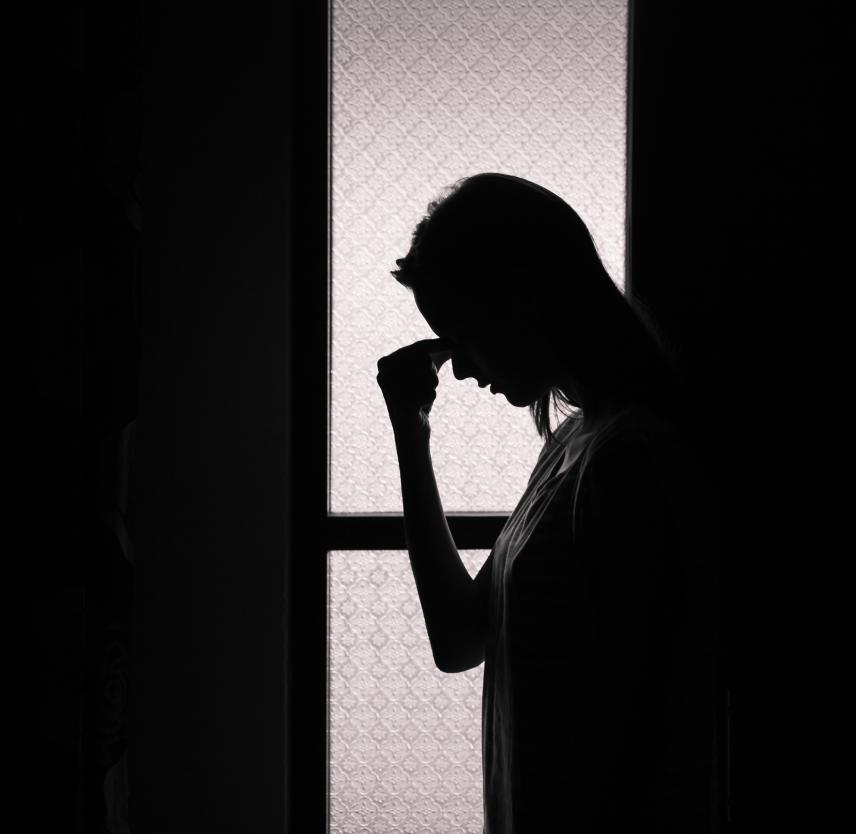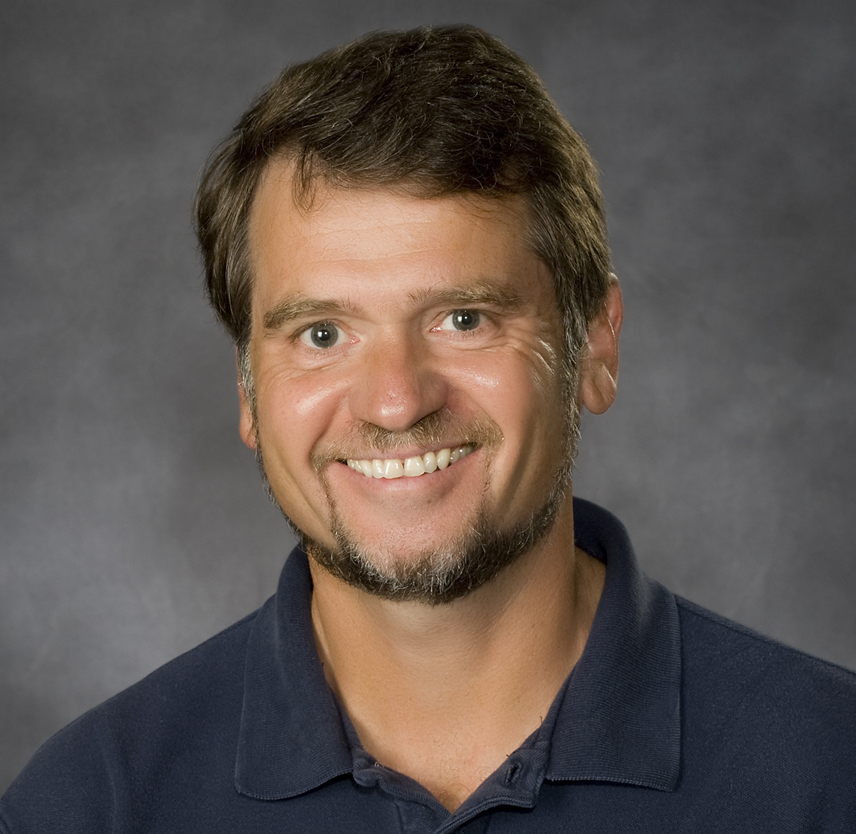
For brain injury clinicians like me, the suicide of 23-year-old Olympic cyclist and Stanford engineering student Kelly Catlin struck with special force. A brilliant, fiercely competitive, and driven young woman, she sustained a concussion in a crash last December. Quoted in The Washington Post, her father, Mark Catlin, said, “After her concussion, she started embracing nihilism. Life was meaningless. … She could no longer concentrate on her studies or train as hard. She couldn’t fulfill what she felt were her obligations to herself; she couldn’t live up to her own standards. She couldn’t realize that what she needed to do was get away and rest, heal.”
During my career as an occupational therapist, I have worked with many young people who have sustained concussions. Some, like Ms. Catlin, were hard-charging Type A individuals, 4.0 students, and athletes. In some cases, the consequences of mild traumatic brain injury turned their worlds upside down.
What are those consequences? Concussion symptoms can fill books, and do. Headache, double vision, and balance difficulties are the most obvious problems, but the less visible symptoms can be the most insidious and difficult to manage: impaired memory, attention challenges, sleep disorders, mood swings, and a feeling that, as one of my clients described it, “My mind just feels cloudy all the time.”
When I meet with a client for the first time, we go over a page-long symptom checklist, because every person with a brain injury has an individualized set of problems. Some of them share the difficulty known as “slowed processing.” The computer between our ears, which spends most of its time doing background work we never notice — filtering sensory information so we can focus on our tasks at hand —becomes overwhelmed because of its damaged circuits. Like a dam burst, the everyday world of sights, noises, and smells pour in, and the flooded brain chokes on the information overload. According to her family, Ms. Catlin was a champion multi-tasker at school, and she could maintain a razor-sharp focus during her sports training. Brain injury attacked her very identity, assaulting the skills that made her the talented engineering student and Olympic athlete that she was.
I don’t know what kind of treatment Ms. Catlin might have received for her concussion. For the brain to heal, it’s important to reduce the sensory stimulation that makes it work so hard. After a concussion, people must learn to pace and incrementally increase their physical and cognitive workloads. Immediately after injury, watching television or playing a video game can overwhelm the brain, bringing on crushing fatigue or other symptoms. Gradually, over weeks, I counsel my clients to increase their physical and cognitive effort, using their symptoms as a guide. Can you walk around the block without getting a headache? If so, maybe you’re ready to try jogging. Can you read a chapter in a book and summarize what you’ve read? If so, maybe you’re ready to sit in a classroom for an hour. For some Type A individuals and super-athletes, slowing down is the hardest thing they’ve ever done. It goes against everything they know about success. Sometimes I compare a damaged brain to a broken leg. It’s an awkward comparison, but imagining a brain in a cast can help clients follow my advice. You wouldn’t try to run on a broken leg, I tell them. Give your brain both physical and cognitive rest. Let it heal.
A million Americans visit emergency rooms each year with mild traumatic brain injuries. Most fully recover in three to six months if they can take the slow, progressive steps that give the brain a chance to recover. Some people continue to have symptoms beyond that window and must learn to cope with a brain that works more slowly. Sadly, we will never know whether Kelly Catlin would have healed; her life ended only three months after her fall.
Sources
- https://www.washingtonpost.com/sports/2019/03/10/us-olympic-cycling-medalist-kelly-catlin-dies/
- https://www.washingtonpost.com/sports/2019/03/11/remembering-kelly-catlin-concussion-questions-follow-death-beloved-olympic-cyclist/
About the Author
Tony Gentry, PhD OTR/L FAOTA is an associate professor in the occupational therapy department at Virginia Commonwealth University where he directs an Assistive Technology for Cognition laboratory. He also owns and operates the home-based rehabilitation therapy company Neurological Expert Therapies, LLC (NExT).


Comments (7)
Please remember, we are not able to give medical or legal advice. If you have medical concerns, please consult your doctor. All posted comments are the views and opinions of the poster only.
Abby replied on Permalink
What do you do when you are four years out and emotionally shattered, financially drained, and the uneducated world around you reminds you on a daily basis that you are now a moron? You can’t find money, a job is the impossible because you are nauseas with horrible vision and blinding headaches almost daily and the stress on you to get a job to get money becaushe you can’t afford your medicines has you suicidal? Where do you turn when you ARE out of options? That would be an article I would like to see....because people like me that live in rural settings with no rides or cabs or money to shuttle out two hours each way to doctors are NOT able to get treatment that we need. AT ALL. There is no ride fairy when you are adult and on your own to get to doctor appointments and you slowly wither and die, all while begging the crappy system, family that thinks you are lazy and friends that hate you because you are not who you were? Suicide is the BEST option out there...and I wish it wasn’t true....and, no joke...even the suicide hotline puts you on hold these days. I pray to find the strength to take my own life because the hell of every day, not being able to support myself or care for myself after a brain injury and being treated like it is all my fault is a nightmare I pray wil end.
Thatcher Welker replied on Permalink
Hey, please tell me you're still out there. I feel exactly the same as you do, I'm 3 years out and am in the exact same situation. please help me
B.J. replied on Permalink
Post-concussive syndrome can be completely demoralizing. I've been there. My symptoms lasted for 2+ years. I can tell you that the treatments that helped me make a full recovery were vestibular-ocular physical therapy and hyperbaric oxygen therapy. Taking headache medication was a bad idea, though, as I ended up in withdrawal from the medication which is also an antidepressant. Would strongly recommend you look into vestibular physical therapy or concussion rehab near you.
Peggy Lami replied on Permalink
It's a club we may not have wished to join. Nearing 28 years after TBI I am still learning to edit activity and exposure. There are no words to describe how it feels to get on the other side of OK in an instant. The upside is that at 40 I began to learn that each of us, while human, is alive one moment at a time. Could have used up so many moments not getting that.
MaryAnn Stackhouse replied on Permalink
I had a concussion 2 years ago. This info is scary.
Who cares anymore replied on Permalink
I was a type A individual that has NONE of the wonderful aforementioned available in MY area. I have looked for therapy for years and all I have done so far is bankrupt myself, lose my home and be reduced to eating cat food. Suicide is the best solution I am just too depressed and tired to even bother
Beth Sorenson replied on Permalink
I had a TBI in October 2014, this information is definitely scary, reality check.